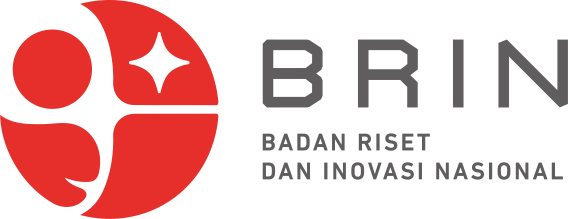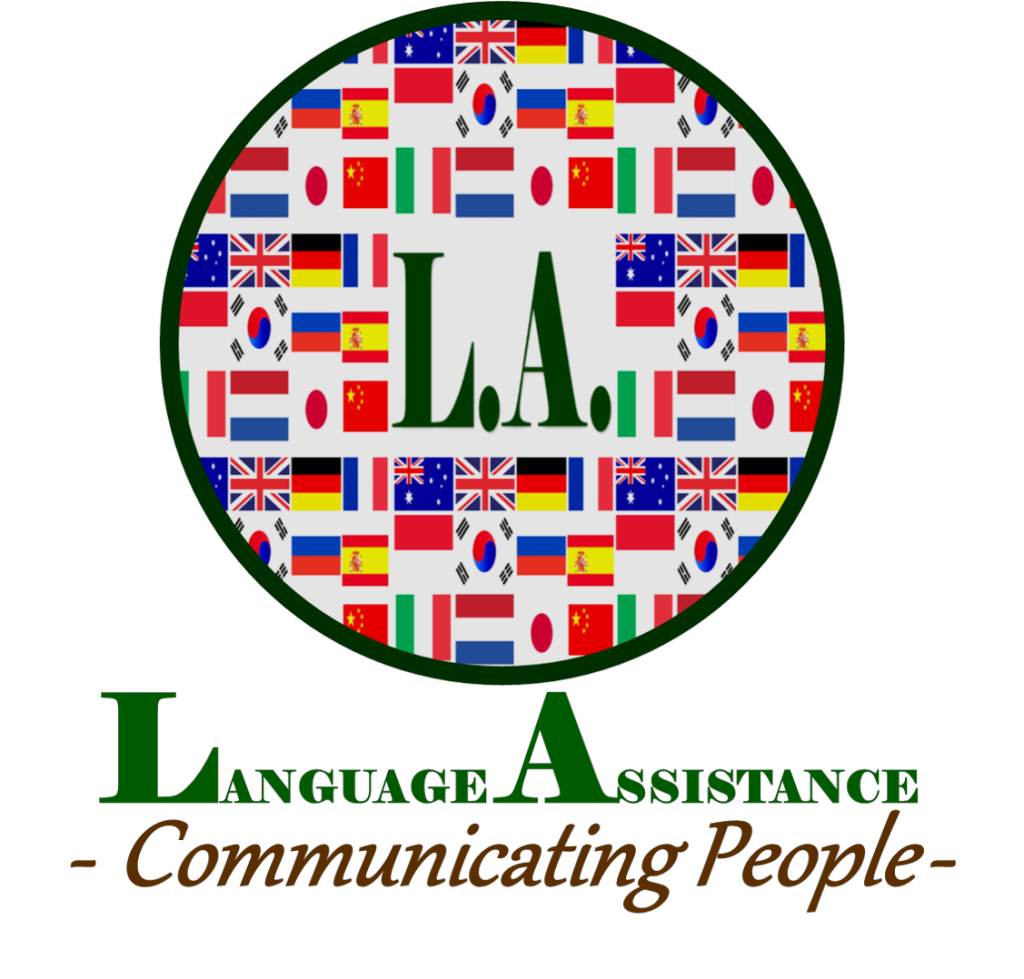Plagiarism Policy
Statement and Policy
The Bali Journal of Hospitality, Tourism and Culture Research (BJHTCR) upholds the highest ethical standards in scholarly publishing and maintains a zero-tolerance policy on plagiarism. The integrity of academic work is fundamental to advancing knowledge in hospitality, tourism, and cultural research. Any form of plagiarism—intentional or unintentional—undermines the credibility of research and compromises the scholarly community.
To ensure originality and academic honesty, BJHTCR strictly enforces plagiarism detection protocols at various stages of the publication process. If plagiarism is identified in a manuscript, the editorial team will take decisive action based on the severity of the violation, as outlined in this policy. Authors are strongly encouraged to familiarize themselves with ethical research practices and adhere to proper citation and referencing guidelines to avoid any form of academic misconduct.
Definition of Plagiarism
Plagiarism is broadly defined as the act of presenting another person's work, ideas, or expressions as one’s own, without giving appropriate credit. This includes, but is not limited to:
1. Direct Copying: Using exact words, sentences, or paragraphs from another source without citation.
2. Paraphrasing Without Attribution: Restating someone else’s ideas or research findings without acknowledging the original author.
3. Self-Plagiarism: Reusing significant portions of one’s previously published work without proper citation or justification (also known as redundant or duplicate publication).
4. Data or Image Misuse: Using tables, figures, or datasets from another publication without proper permission and attribution.
5. Fabrication or Falsification of Citations: Incorrectly attributing sources or manipulating references to misrepresent the originality of the work.
Plagiarism is considered a serious violation of academic integrity and can result in immediate rejection of the manuscript or further sanctions depending on the extent of the infraction.
Plagiarism Policy and Guidelines
All manuscripts submitted to BJHTCR must be entirely original, unpublished, and not under consideration for publication elsewhere. Authors are responsible for ensuring that their submissions comply with ethical writing practices and proper academic referencing. To avoid plagiarism, authors must:
1. Properly Attribute Sources: Any text, data, or ideas borrowed from other works must be appropriately cited following academic referencing standards.
2. Use Quotation Marks for Direct Quotes: If authors include verbatim text from another source, they must clearly distinguish it from their original writing using quotation marks and proper citation.
3. Paraphrase Responsibly: When summarizing or paraphrasing another author's work, the meaning must be conveyed in the author's own words, with proper credit to the original source.
4. Obtain Permission for Copyrighted Material: If a manuscript includes previously published tables, figures, or images, permission must be obtained from the copyright holder, and proper credit must be given.
5. Ensure Compliance with Fair Use Standards: The reproduction of external content should be minimal and justified for academic purposes.
Authors submitting to BJHTCR must ensure that their manuscript is free from any form of plagiarism before submission. Failure to comply with these ethical requirements may result in rejection, revision requests, or further consequences depending on the level of similarity detected.
Plagiarism Detection and Consequences
To maintain the integrity of published research, BJHTCR screens all submitted manuscripts for plagiarism using Turnitin. The similarity index generated by this tool helps the editorial team assess whether a manuscript meets acceptable originality standards. The journal enforces the following actions based on the similarity percentage detected:
1. Similarity Index Above 20% – Immediate Rejection
- Manuscripts with a similarity index exceeding 20% indicate substantial plagiarism, poor citation practices, or excessive reliance on existing sources.
- Such submissions will be rejected outright, and no resubmission will be permitted.
- Authors will receive a plagiarism report indicating problematic areas, and in severe cases, they may be blacklisted from future submissions.
2. Similarity Index Between 10-20% – Revision Required
- Manuscripts with a similarity index between 10% and 20% require significant revisions to address citation errors, improper paraphrasing, or excessive textual similarities.
- Authors will be required to:
a. Properly cite all instances of similarity.
b. Rephrase content to reflect original analysis and discussion.
c. Submit a revised manuscript along with a new Turnitin report showing a similarity index below 10%.
- Resubmissions will be re-evaluated by the editorial team to determine if plagiarism concerns have been resolved.
3. Similarity Index Below 10% – Acceptable with Minor Revisions
a. Manuscripts with less than 10% similarity are generally acceptable but may still require minor citation improvements if outsourced texts are identified.
b. The editorial team may request authors to enhance citations where necessary before proceeding with the peer-review process.
Editorial Actions and Ethical Implications
If plagiarism is detected after a manuscript has been published, BJHTCR will take the following corrective measures:
1. Retraction and Public Notification: The article will be formally retracted from the journal’s archives, and a public statement will be issued regarding the reason for retraction.
2. Author Sanctions: Authors found guilty of plagiarism may be blacklisted from future submissions to BJHTCR. Their affiliated institutions may also be notified of the misconduct.
3. Corrections and Errata: If the plagiarism is deemed minor but requires correction, an erratum may be issued with proper acknowledgments.
By submitting a manuscript to BJHTCR, authors confirm their adherence to this plagiarism policy. The editorial team reserves the right to take necessary disciplinary actions to uphold ethical research standards and protect the integrity of the journal.















